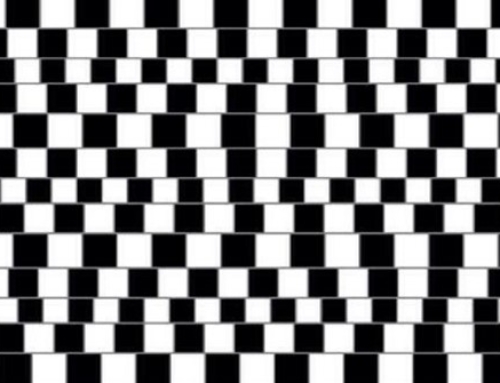We make thousands of decisions every day. However, how many of you have actually taken classes in decision making? What do you know about the  process of making decisions? Why should we know more about decision making psychology?
process of making decisions? Why should we know more about decision making psychology?
We are surrounded with choices.
Our alarm clock rings in the morning and we already must make our first decision that might influence the whole day. Hit the snooze button or not? Testing our willpower, the first thing in the morning. The people who hit the snooze button I call snoozers. And hey I confess that I am a snoozer! But it’s actually my bed’s fault because it’s comfort is irresistible. If you hit the snooze button, 5 minutes later you will have to make a new choice. Hit the snooze button again or get up? This can go on for as long as you allow.
As the day continues, we are flooded by another choices to be made. What to eat for breakfast? Scrambled eggs or cereals today? What to wear? Skirt or trousers? Tie or just a shirt? Should we take an umbrella with us? What if it rains today? Where to put our keys so that we don’t lose them? What time to leave home so that we don’t get stuck in the traffic? What do we need to discuss with our boss today? What task should we start with? What time to go for lunch? What to eat again? Should we have a dessert? Would a small piece of pie jeopardize our diet? It’s so small and we are working all day. Should we work overtime today? What to buy in the supermarket? Should we go for a run or watch TV in the evening? Time to time we have to make more important decisions such as who to date, what car to buy, what career to pursue, what kind of a job we would like to have, where to live, who to marry, when the best time is to have a child, or whether to change our job. These are just a few of the conscious choices that we have to make but the majority of our decisions are made unconsciously.
Driving a car, for example, became a bunch of automatic decisions made by our brain and sending signals to our legs and arms. Press the clutch, put more gas. We don’t pay attention to these decisions any more but that doesn’t mean that these decisions aren’t made by our brains. This kind of automatic decision can be very useful. However, we create also negative automatic decisions such as checking our phone every 5 minutes, opening Facebook while working, checking new photos on Instagram during the lunch, or fighting with our spouses. Suddenly we catch ourselves giving in these temptations.
Making decisions, whether consciously or unconsciously, is one of the most frequent activities in our lives. It’s like breathing, you can’t stop making choices. Not making a choice is also a choice. This makes me wonder how something that we do thousand times per day has never been explained or taught to us. There is no subject called decision making at schools. Parents don’t explain to their children how our minds make decisions. Shouldn’t we know more about something so frequent in people’s lives? It’s like playing darts with closed eyes and majority of people don’t even know that their eyes are closed.
Researchers have found (defined) that we have two systems in our mind. System 1, which is responsible for the automatic, quick responses, like driving or counting 1+1=2. It’s very useful because with its immediate reactions it can save our lives. However, sometimes it can lead us astray. Making choices we later regret. System 2, on the other hand, is the slow decision maker in our brain, it needs a few seconds to kick in. It helps us to make ore complex decisions such as counting 140x 39=? or what kind of a car to buy. This system when we give it an opportunity can help us to stick to our diet, improve our health, get rid of bad habits, be more productive or have happy relationship with our spouses.
Our lives are created by decisions. Every second we make a decision that influences how our future will look like. If we can make better decisions, we can improve our future. It’s like knitting your personal life scarf, you decide about color and what the next stitch will be to create a beautiful pattern. If you don’t have the willpower to continue knitting or get caught in repeating the same wrong stitch again and again you will end up with a scarf you won’t like to wear or without any scarf at all. Fortunately, there has been a lot of research done in the field of decision-making psychology, Behavioral Economics, neuropsychology and other that can open our eyes, help us to understand our mind, become aware and make smarter decisions.
Author: Pavla Bělostíková, Master of Human Decision Science


